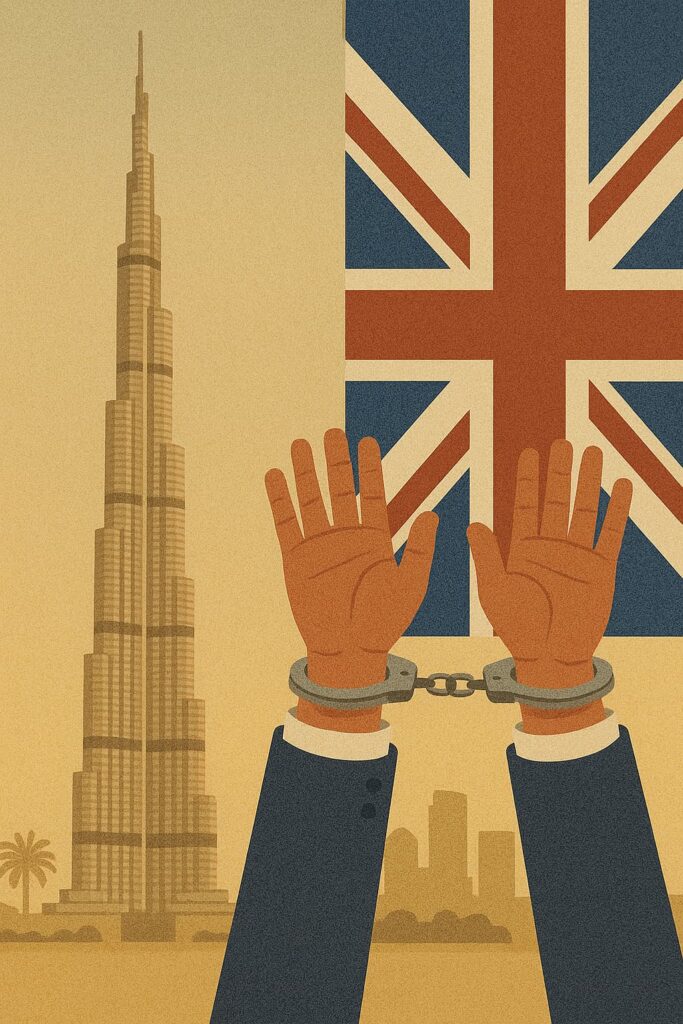As international activism grows in scale and reach, so do the legal risks faced by those who speak out across borders. From climate defenders and political dissidents to whistleblowers and human rights advocates, activists often find themselves navigating unfamiliar legal landscapes. Actions celebrated as civic engagement in one country may be criminalized in another. In this context, the support of an experienced Interpol lawyer can become crucial-especially when travel brings activists into global transit hubs like Dubai, where legal jurisdictions intersect and cross-border enforcement is swift.
Global Activism Meets Jurisdictional Complexity
Modern activism transcends national boundaries. Social media, international conferences, and cross-border campaigns have empowered individuals to speak on global stages. However, legal systems remain rooted in national sovereignty. An environmental protest in one jurisdiction can be interpreted as sabotage in another. A documentary on corruption may be framed as defamation under foreign law. For activists crossing borders—whether for travel, advocacy, or asylum—this divergence in legal interpretation can result in arrest or detention based on an outstanding Interpol notice or an extradition request.
Countries like the UAE have formalized bilateral extradition agreements and increasingly collaborate with international legal instruments. Dubai extradition to the UK is one such example, where extradition proceedings are not only active but legally structured to respond swiftly to foreign requests. A simple layover at a Dubai airport can expose activists to risk if they are unknowingly subject to a Red Notice.

Situations That May Trigger International Legal Risk
While not every activist will encounter extradition procedures, certain situations drastically increase the likelihood of legal entanglement:
- Traveling through or residing in jurisdictions with strong extradition treaties
- Participation in actions that are legally protected at home but criminalized abroad (e.g., protests, online publications, NGO funding)
- Public criticism of foreign governments or officials
- Prior presence in countries that initiated politically motivated investigations
- Having one’s name associated with media reports or global databases
These triggers can result in placement on Interpol’s Red Notice list, often without prior warning. Many affected individuals are unaware until they are detained during passport checks or border crossings.
Legal Preparedness: A Strategic Necessity
The risk is not purely hypothetical. High-profile arrests of journalists, environmentalists, and opposition leaders in international airports have made headlines in recent years. In most cases, the affected individuals had not committed crimes in the transit countries but were detained on behalf of another nation. This underscores the importance of legal planning for those engaged in global advocacy.
Activists should consider seeking legal counsel before traveling internationally, especially if their work targets regimes known for using legal tools to suppress dissent. Lawyers with expertise in international extradition and Interpol procedures can:
- Assess exposure to Red Notices or bilateral extradition risks
- Advise on safe routes and jurisdictions to avoid
- Initiate protective legal actions or challenges against politically motivated alerts
- Respond rapidly in case of detention abroad
Why Knowing the Law Is a Form of Protection
Understanding the basics of international law and extradition protocols is not fearmongering—it’s an act of empowerment. Being informed about legal boundaries and potential threats enables activists to continue their work while minimizing personal risk. Knowing when and where legal help is necessary may determine the outcome of a critical situation. Extradition law is not just for criminal defense—it is increasingly a tool for defending civil society actors against misuse of international justice mechanisms.
Conclusion
International activism is a powerful force for change—but it is not without its dangers. Jurisdictional clashes, misused legal systems, and overbroad extradition requests all pose risks to those who challenge authority or advocate across borders. Recognizing these risks, preparing strategically, and having access to informed legal support are essential steps for any activist who operates on the global stage. Whether in transit, advocacy, or exile, legal awareness is a shield no activist should be without.